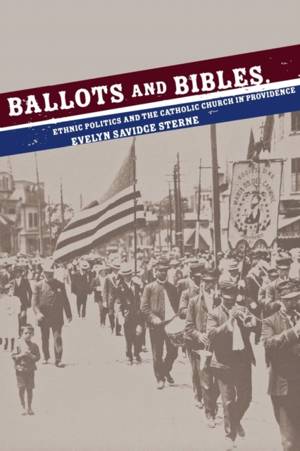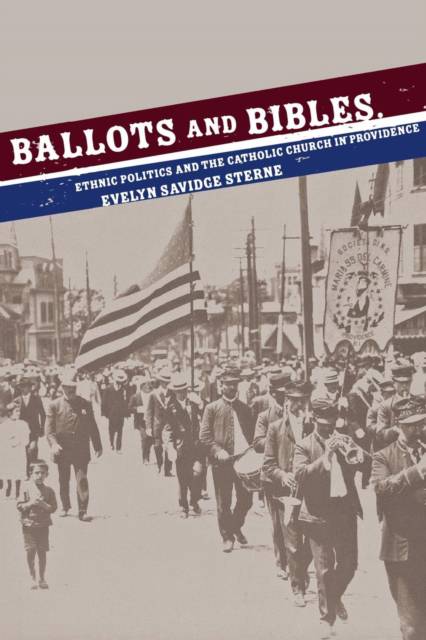
- Retrait gratuit dans votre magasin Club
- 7.000.000 titres dans notre catalogue
- Payer en toute sécurité
- Toujours un magasin près de chez vous
- Retrait gratuit dans votre magasin Club
- 7.000.0000 titres dans notre catalogue
- Payer en toute sécurité
- Toujours un magasin près de chez vous
Description
By the mid-nineteenth century, Providence, Rhode Island, an early industrial center, became a magnet for Catholic immigrants seeking jobs. The city created as a haven for Protestant dissenters was transformed by the arrival of Italian, Irish, and French-Canadian workers. By 1905, more than half of its population was Catholic--Rhode Island was the first state in the nation to have a Catholic majority. Civic leaders, for whom Protestantism was an essential component of American identity, systematically sought to exclude the city's Catholic immigrants from participation in public life, most flagrantly by restricting voting rights. Through her account of the newcomers' fight for political inclusion, Evelyn Savidge Sterne offers a fresh perspective on the nationwide struggle to define American identity at the turn of the twentieth century.In a departure from standard histories of immigrants and workers in the United States, Ballots and Bibles views religion as a critical tool for new Americans seeking to influence public affairs. In Providence, this book demonstrates, Catholics used their parishes as political organizing spaces. Here they learned to be speakers and leaders, eventually orchestrating a successful response to Rhode Island's Americanization campaigns and claiming full membership in the nation. The Catholic Church must, Sterne concludes, be considered as powerful an engine for ethnic working-class activism from the 1880s until the 1930s as the labor union or the political machine.
Spécifications
Parties prenantes
- Auteur(s) :
- Editeur:
Contenu
- Nombre de pages :
- 320
- Langue:
- Anglais
- Collection :
Caractéristiques
- EAN:
- 9780801474972
- Date de parution :
- 01-10-08
- Format:
- Livre broché
- Format numérique:
- Trade paperback (VS)
- Dimensions :
- 150 mm x 221 mm
- Poids :
- 453 g

Les avis
Nous publions uniquement les avis qui respectent les conditions requises. Consultez nos conditions pour les avis.






